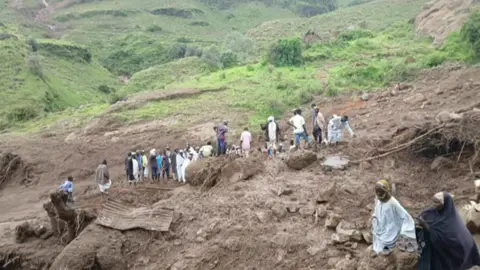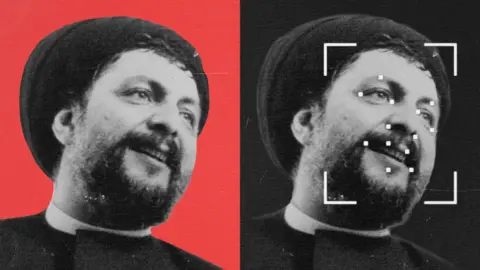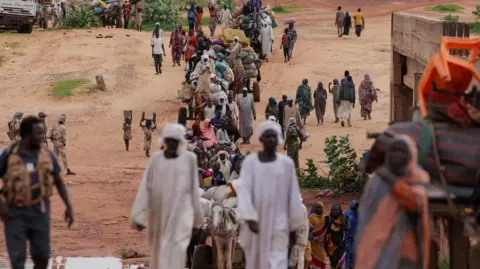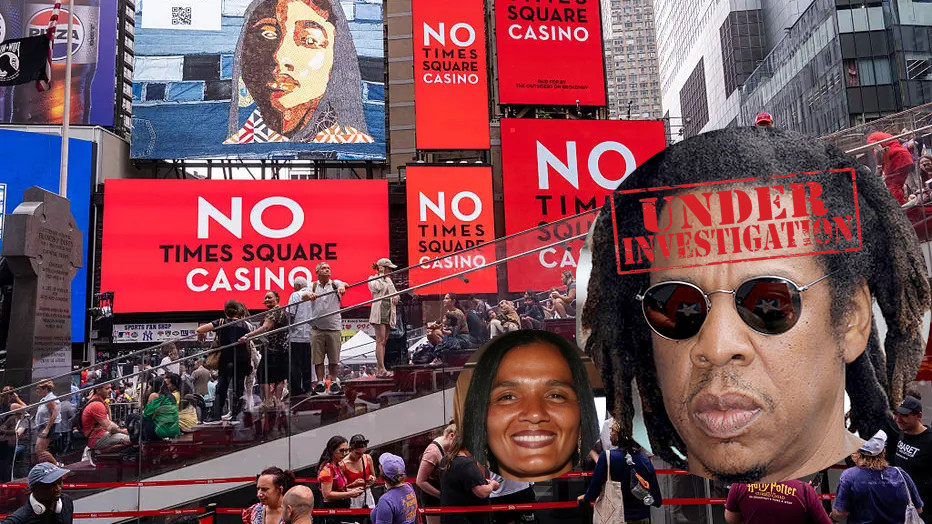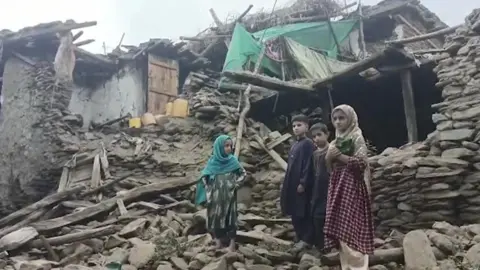The Libyan government's actions, announced by Internal Security Authority spokesman Salem Gheit, assert that these aid groups are implementing a plan to destabilize the demographic composition of the nation, echoing anti-Black sentiments that have sparked controversy in neighboring Tunisia. Following the collapse of Muammar Gaddafi's regime in 2011, Libya has become a hub for migrants seeking passage to Europe, frequently experiencing severe human rights violations perpetrated by militias and traffickers.
The internally recognized government in Tripoli has called for the closure of the offices of these ten groups, alleging that their work supports "illegal migrants" and could threaten national security. Doctors Without Borders recently halted operations due to increasing harassment, while the UN Refugee Agency maintains that its mission serves vulnerable populations in need.
Reports have surfaced detailing the brutal treatment faced by sub-Saharan African migrants in Libya, with accounts of violence, slavery, and systemic racism prevalent throughout the country. In light of these allegations, there are increasing calls for a reevaluation of the humanitarian approach in addressing migrant issues in Libya, alongside a critical look at the response from the international community.
The internally recognized government in Tripoli has called for the closure of the offices of these ten groups, alleging that their work supports "illegal migrants" and could threaten national security. Doctors Without Borders recently halted operations due to increasing harassment, while the UN Refugee Agency maintains that its mission serves vulnerable populations in need.
Reports have surfaced detailing the brutal treatment faced by sub-Saharan African migrants in Libya, with accounts of violence, slavery, and systemic racism prevalent throughout the country. In light of these allegations, there are increasing calls for a reevaluation of the humanitarian approach in addressing migrant issues in Libya, alongside a critical look at the response from the international community.














